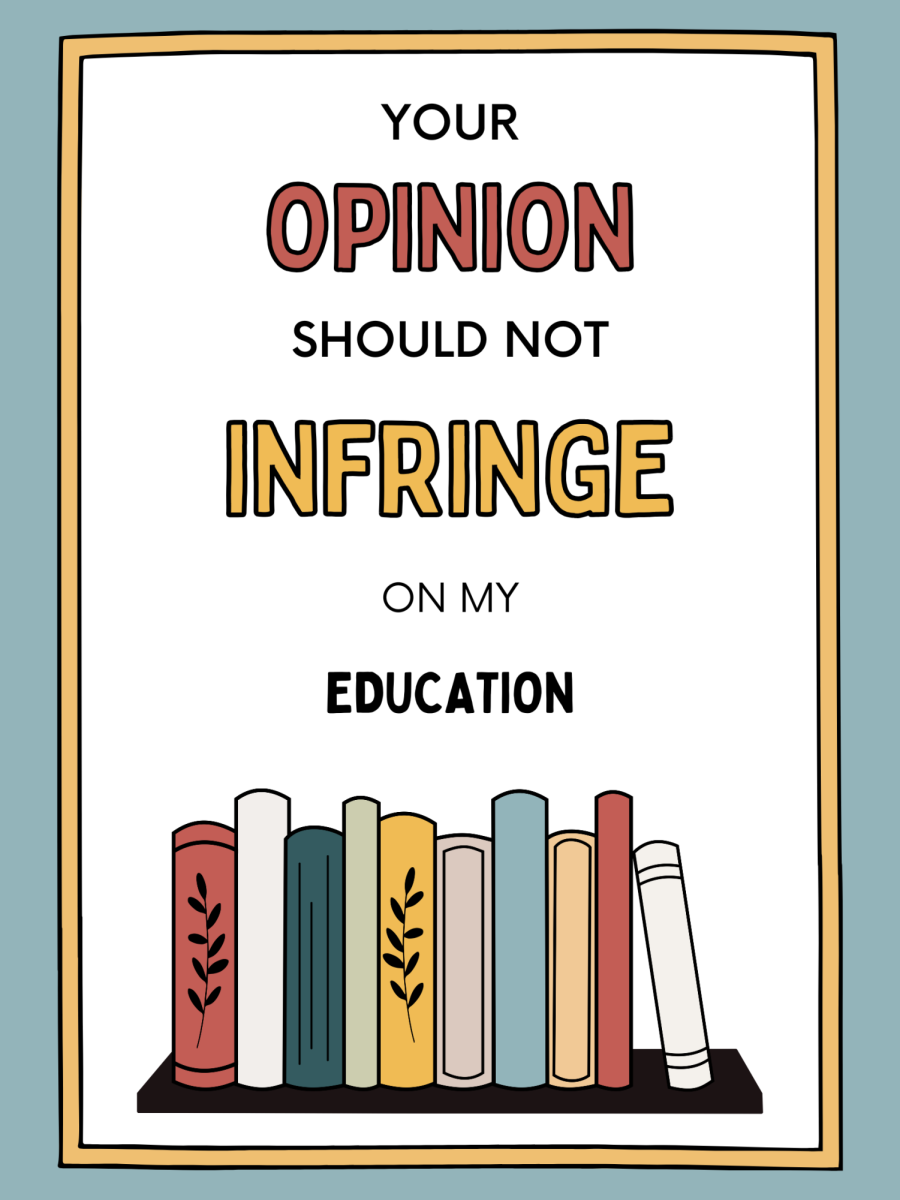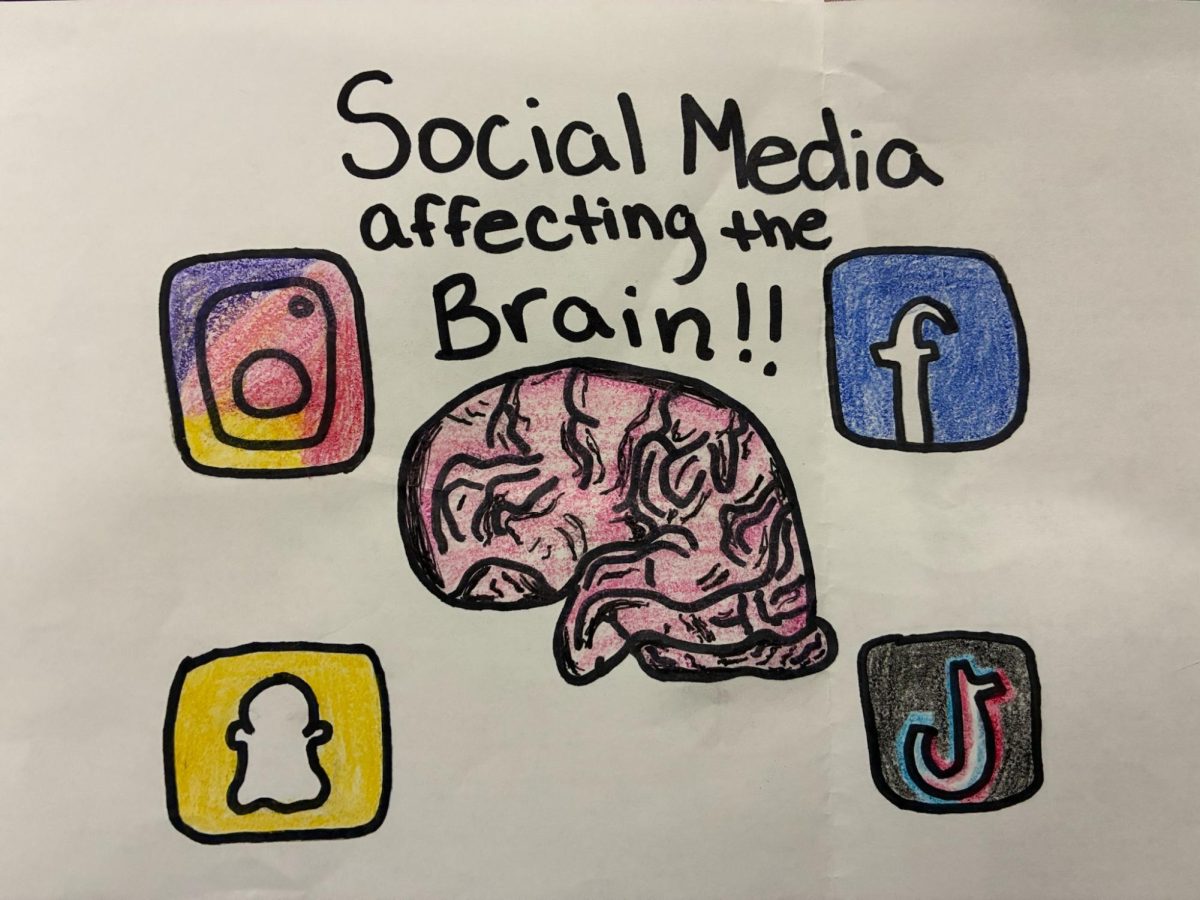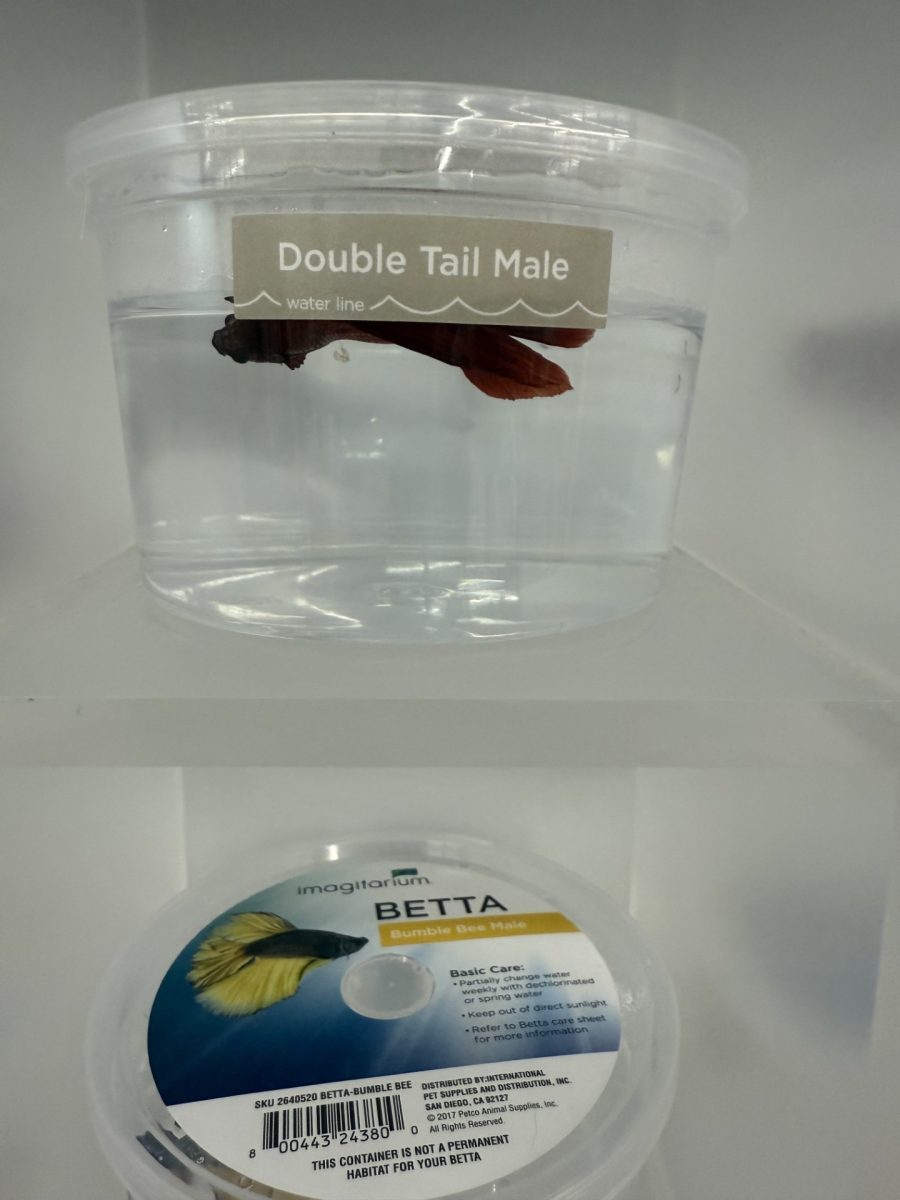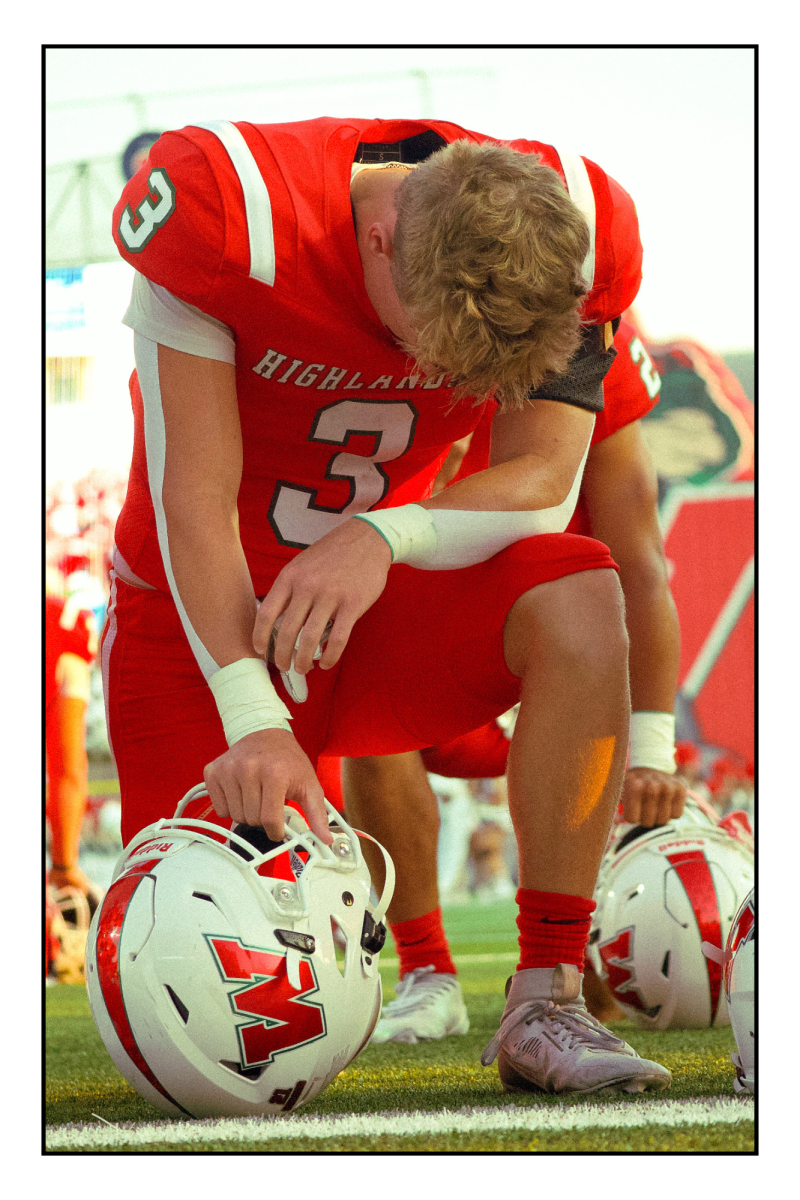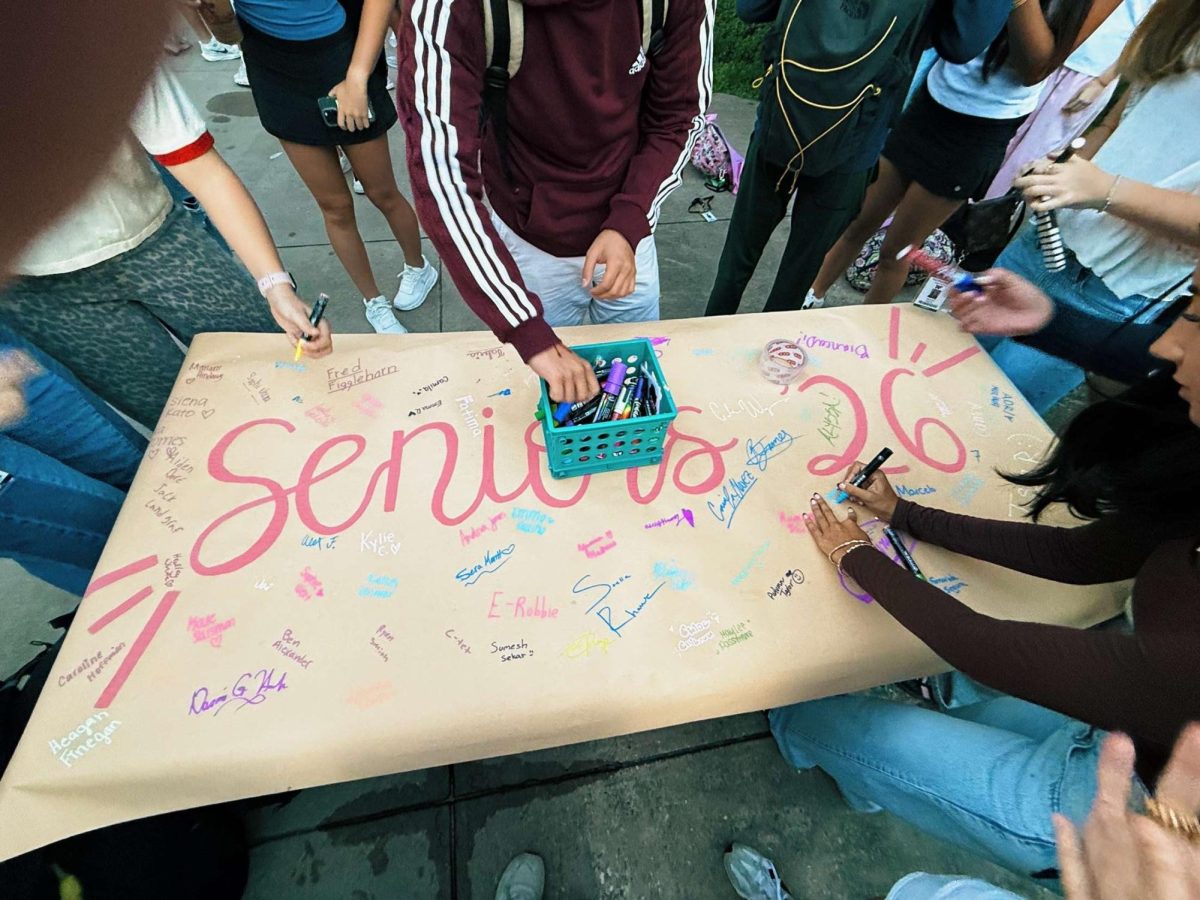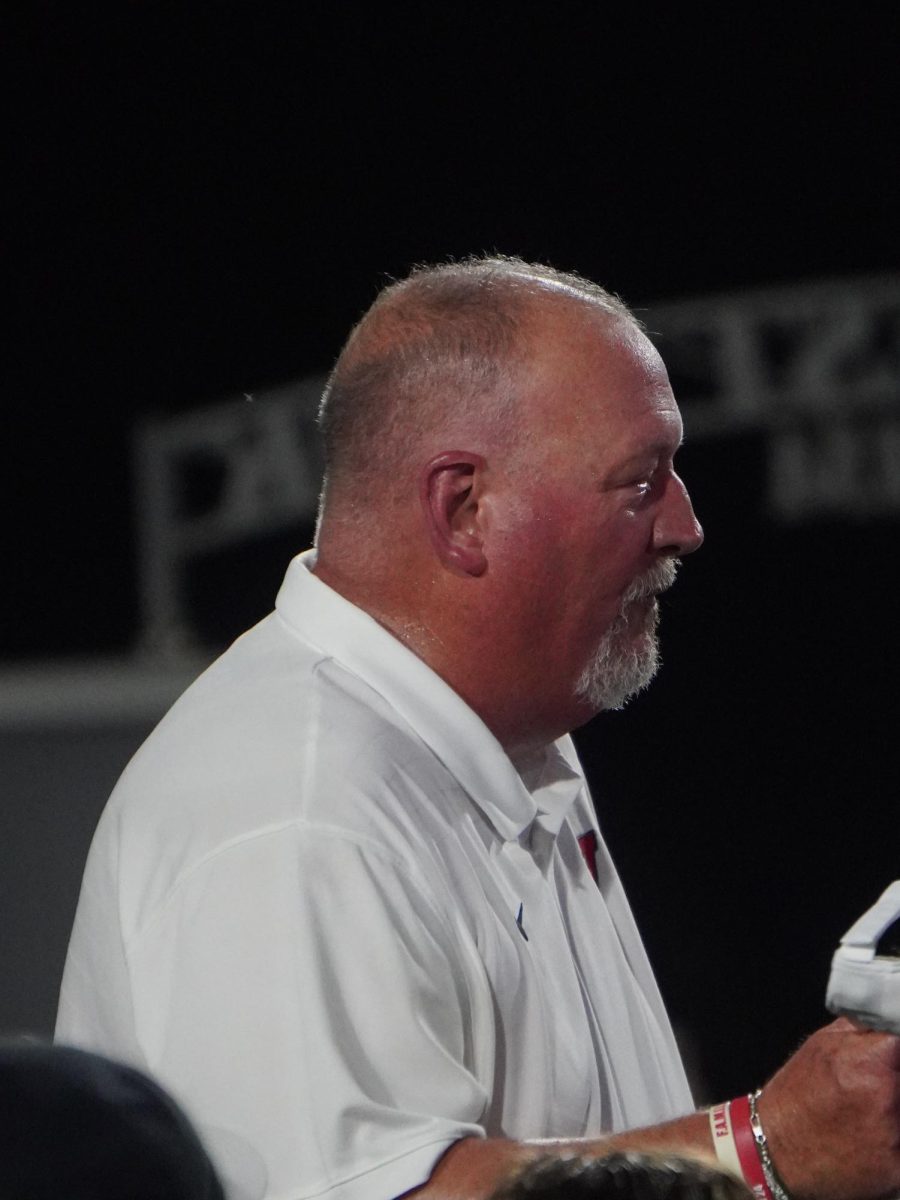From the 17th century, literature censorship has always been used to help keep society ignorant. At first, it destroyed and burned the works of dissenting or heretical views that were believed to threaten the prevailing order, and now, in the 21st century, it’s taking books off of shelves and out of classrooms.
In Texas, the debate over book bans has evolved from physical destruction of literature to extended legislative measures designed to control what students can access in school libraries, and results have been staggering. According to PEN America’s Index of Schools Book Bans, over 1,000 books have been banned or challenged in Texas in this past year alone. Titles like Maus by Art Spiegelman and The Hate U Give by Angie Thomas have been removed from school libraries due to their depictions of societal issues and race.
Book bans are not just about removing and restricting literature that comments on or relates to unpopular views or opinions. Book bans are about the limits placed on the ability of students to think critically, and more so, on their personal expression.
A recent survey from First Book Study found that 72 percent of educators report that restricting book access decreases students’ engagement in reading. The results of this study just further proves that when books are removed from libraries, students’ opportunities to explore diverse perspectives and deepen their understanding of the world face an alarming decrease.
While I am not advocating for the inclusion of inappropriate or explicit books in school libraries, I do believe that the responsibility to monitor what your children are reading falls upon their parents. It should be the parents’ job to decide what is and is not appropriate for their children, but the solution should not be to eliminate the access to books that make some parents uncomfortable.
That being said, it is also important to acknowledge that there are books that some students are not mature enough to read. We should applaud and respect parents who take an active interest in what their children read. However, instead of banning books outright, we should seek compromises that allow for parental oversight while still having access to diverse literature. Ultimately, restricting information from children and young adults discourages freedom of thought and censors one of education’s primary functions: teaching students how to think for themselves.
Ray Bradberry, the author of Fahrenheit 451, warns that knowledge and identity in a society can easily be corrupted by ignorance, censorship, and tools designed to distract from the realities of our world. Ironically, Bradberry’s work has also worked its way up the banned book list, slowly being removed from libraries and schools worldwide.
The following lines are from the Ray Bradbury classic, “Fahrenheit 451”. “If you don’t want a house built, hide the nails and wood. If you don’t want a man unhappy politically, don’t give him two sides to a question to worry him; give him one. Better yet, give him none.


